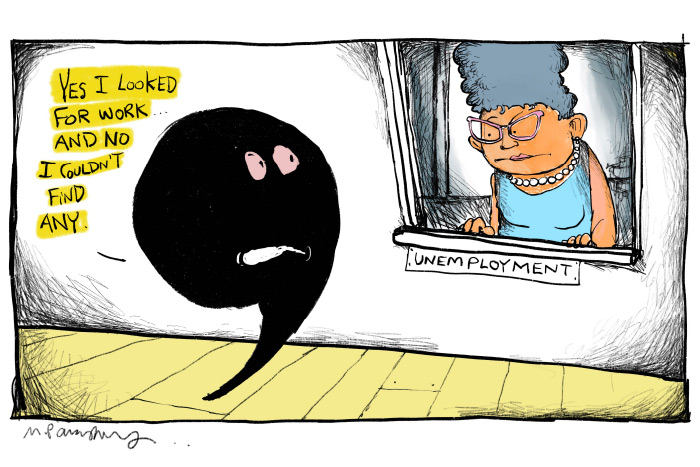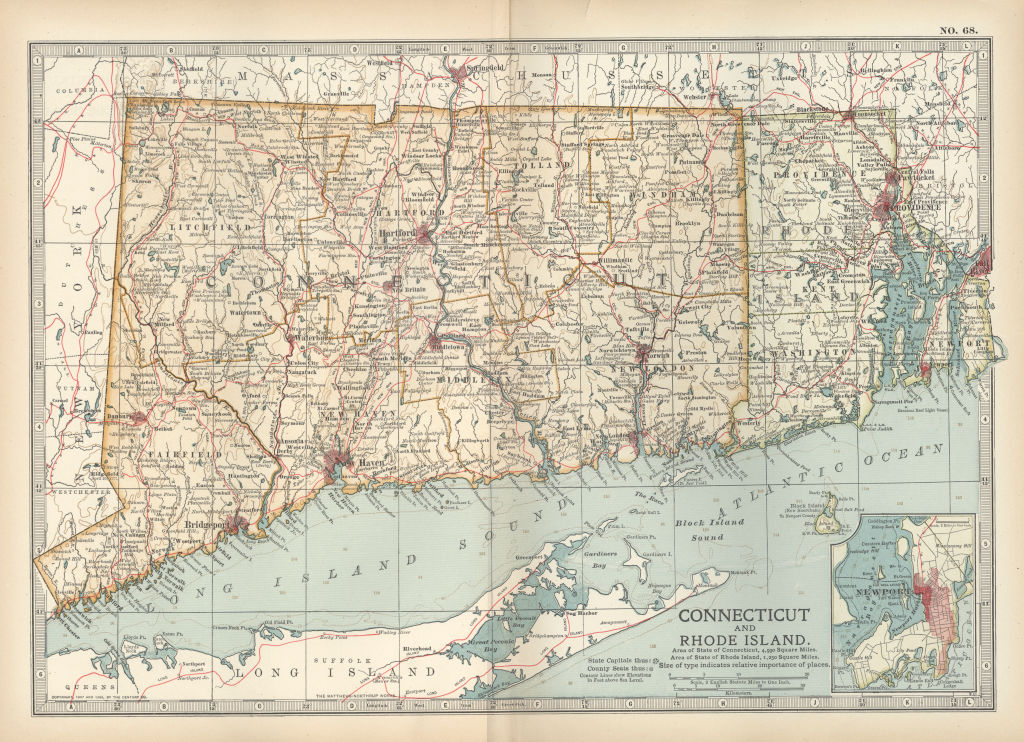Oxford Comma: Failure to Use It Gets $5M Settlement for Three Workers

A battle about the use of a comma has wended its way through the court system for four years in Maine. One court ruled for one side. A higher court ruled for the other. Some hoped it would be decided by the U.S. Supreme Court—imagine the Supreme Court debating when and when not to use a comma—but it is not to be.
The litigants settled for $5 million two weeks ago. It was midway between what one side wanted and what the other side wanted. But the litigants were exhausted with it all. Thus the settlement.
RELATED: Hamptons Spelling and Grammar: The Hamptons
Commas are important in the lives of writers. Writing this newspaper for the last 58 years, I ought to know. I’ve used several million of them, maybe even billions. I’ve also, on occasion, decided NOT to use millions and billions of them. I get along with commas one way or the other. We are friends.
But boy, can they can get you in trouble.
Need proof? My wife has a T-shirt whose first line reads LET’S EAT, GRANDMA. Under it is a second line that reads LET’S EAT GRANDMA. Take your pick.
Commas are powerful stuff.
On one side of this case were three truck drivers seeking overtime pay. On the other were the owners of a dairy in Maine called Oakhurst. The owners were following the rules of a state law that says workers were entitled to overtime pay of time-and-a-half when they worked more than 40 hours. But there were exceptions.
Not eligible for overtime was the time spent “canning, processing, preserving, freezing, drying, marketing, storing, packing for shipment or distribution of” agricultural produce, meat, fish products and perishable foods.
It is not known who among the three truck drivers or their friends noticed something odd about this sentence. There was no comma after “shipment.” Clearly “packing for shipment” was exempt from overtime, as was time spent “canning, processing, preserving, freezing, drying, marketing and storing.”
So, like “let’s eat grandma,” it could mean that packing for shipment was exempt, but the trucking of what was packed to ship was not. Try it yourself.
“(exempt are)…packing for shipment or distribution…”
“(exempt are)…packing for shipment, or distribution…”
This distinction must have been picked up by someone who lives by the Oxford Rules of Punctuation. Put that comma in there. Most people do not. Having that extra comma is awkward and clumsy. They live by a different set of Rules of Punctuation.
In court, the lawyers for the truckers also pointed out that everything before the shipment contained a gerund. Aha! You don’t know what a gerund is? It is when a verb gets to function as a noun by adding a few letters at the end, which, in this case, is the ending “ing.” All the “ing” things clearly were exempt. Freezing, marketing, drying, storing but then, suddenly shipment. If it said “shipping” there would be no problem. The comma wouldn’t even have to come into play. But it read “shipment.” And without the comma, this opened the barn door to the truckers getting overtime once the packing for shipment was completed and they were out to their trucks heading off to the supermarkets.
They were asking for back overtime pay for four years.
A lower court, several years ago, ruled for the company. The truckers wouldn’t be getting the overtime pay. But an appeals court last year reversed it. It said that without the comma, the interpretation was ambiguous—it could mean either exempt or not exempt. And it was the opinion of the court that where such ambiguity exists, the decision should go to the workers, not the bosses. So it did. That’s what kind of state Maine is.
The legislature of the state of Maine, as a result of this, modified the law. It now reads “the canning; processing; preserving; freezing; drying; marketing; storing; packing for shipment; or distribution of …”
This is horrible. Nobody uses semi-colons anymore. They are the dungeon chains of the grammarian world. Proper grammarians today, Oxford or not, enter essays with fly swatters to get rid of them. Now, here are new semi-colons up in Maine rearing their ugly beady eyed heads.
Oh God. Or, better yet, “Oh, God.”



